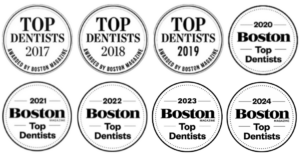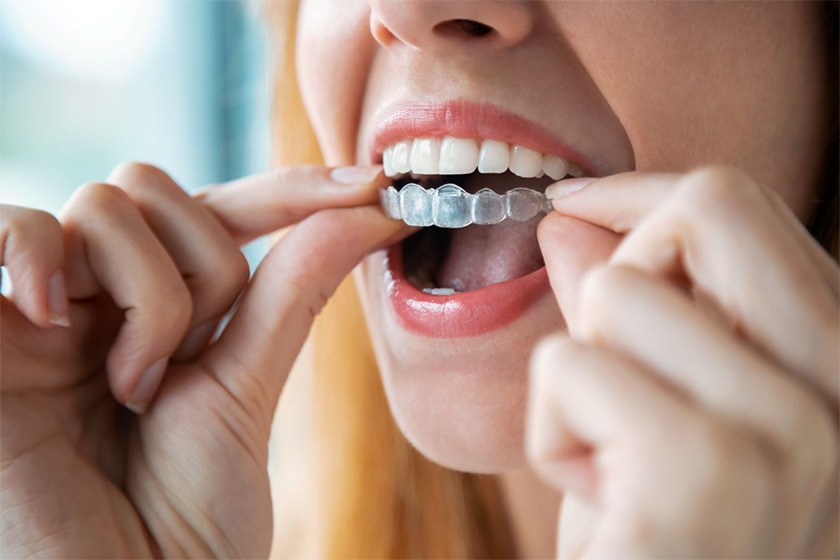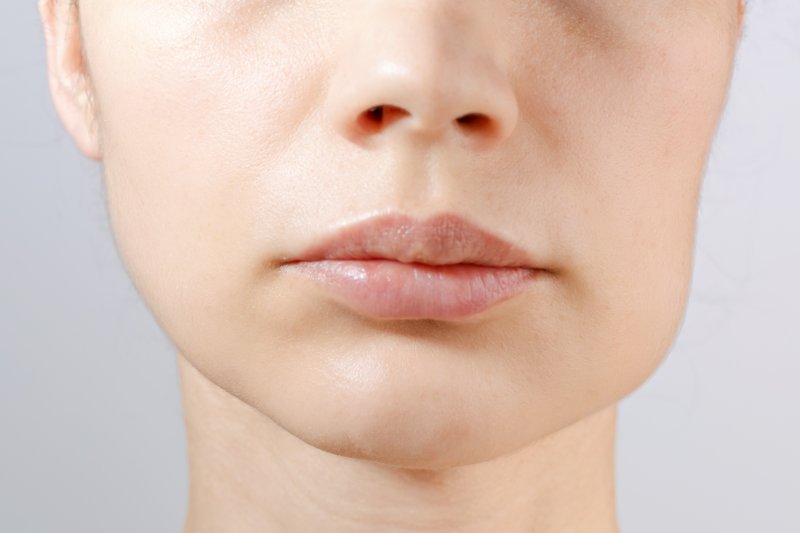Preventive dentistry is essential for maintaining optimal oral health and preventing dental problems before they arise. Regular dental check-ups, cleanings, and at-home oral hygiene practices play a crucial role in keeping your teeth and gums healthy. In this article, we will discuss the importance of preventive dentistry and how it can benefit your overall well-being.
What Is Preventive Dentistry?
Preventive dentistry involves routine practices and treatments aimed at preventing dental issues such as cavities, gum disease, and tooth loss. Key components of preventive dentistry include:
- Regular Dental Check-Ups: Visiting your dentist regularly for check-ups allows for early detection and treatment of dental problems.
- Professional Cleanings: Professional cleanings remove plaque and tartar buildup that cannot be eliminated through regular brushing and flossing.
- At-Home Oral Hygiene: Daily brushing and flossing help maintain oral hygiene and prevent plaque buildup.
- Dental Sealants and Fluoride Treatments: These treatments provide additional protection against cavities, especially in children.
Benefits of Preventive Dentistry
- Early Detection of Problems: Regular dental visits allow your dentist to identify and address potential issues before they become more serious and costly to treat.
- Prevention of Tooth Decay and Gum Disease: Routine cleanings and good oral hygiene practices help prevent the buildup of plaque and tartar, reducing the risk of cavities and gum disease.
- Maintaining Overall Health: Oral health is closely linked to overall health. Poor oral hygiene can contribute to systemic conditions such as heart disease, diabetes, and respiratory infections.
- Cost-Effective Care: Preventive dental care is more cost-effective than treating advanced dental problems. Regular check-ups and cleanings can save you money in the long run by avoiding expensive treatments.
- Improved Quality of Life: Maintaining good oral health enhances your quality of life by preventing pain, discomfort, and dental emergencies.
Preventive Dentistry Tips
- Brush and Floss Daily: Brush your teeth at least twice a day with fluoride toothpaste and floss daily to remove plaque and food particles.
- Use Mouthwash: Rinse with an antimicrobial mouthwash to help reduce plaque and bacteria in your mouth.
- Eat a Balanced Diet: Consume a diet rich in fruits, vegetables, lean proteins, and whole grains. Avoid sugary and acidic foods and beverages that can contribute to tooth decay.
- Stay Hydrated: Drinking plenty of water helps wash away food particles and bacteria, keeping your mouth clean.
- Avoid Tobacco: Smoking and using other tobacco products increase the risk of gum disease and oral cancer. Quitting tobacco use is essential for maintaining oral health.
- Visit Your Dentist Regularly: Schedule regular dental check-ups and cleanings to monitor your oral health and receive professional care.
Conclusion
Preventive dentistry is a vital component of maintaining good oral health. By practicing good oral hygiene, eating a balanced diet, and visiting your dentist regularly, you can prevent dental issues and ensure a healthy smile. Remember, taking care of your teeth and gums today can save you time, money, and discomfort in the future. Make preventive dentistry a priority and enjoy the benefits of a healthy, beautiful smile for years to come.






